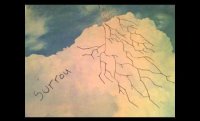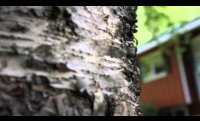A Room of Her Own Foundation is currently accepting submissions to its annual book prizes for women writers. The To the Lighthouse Poetry Book Prize is given annually for a poetry collection; the inaugural Clarissa Dalloway Book Prize will be given annually for a book of “everything but poetry.” The winner of each prize will receive $1,000, publication by Red Hen Press, and up to $1,000 in travel expenses to promote the book. The deadline is next Tuesday, April 1.
Kate Gale, the managing editor of Red Hen Press and editor of the Los Angeles Review, will judge the Clarissa Dalloway Prize. C.D. Wright will judge the To the Lighthouse Poetry Book Prize.
 Women poets may enter the To the Lighthouse Poetry Book Prize by submitting a manuscript of 48 to 96 pages (two-thirds of which must be unpublished); women fiction and nonfiction writers may enter the Clarissa Dalloway Book Prize by submitting a manuscript of 50,000 to 150,000 words. Novels, novellas, memoirs, biographies, young adult literature, and graphic novels are eligible. The entry fee for both prizes is $20; entrants may submit using the online submission system or by postal mail to A Room of Her Own, Attn: TTL or CD Book Prize, P.O. Box 778, Placitas, NM 87043.
Women poets may enter the To the Lighthouse Poetry Book Prize by submitting a manuscript of 48 to 96 pages (two-thirds of which must be unpublished); women fiction and nonfiction writers may enter the Clarissa Dalloway Book Prize by submitting a manuscript of 50,000 to 150,000 words. Novels, novellas, memoirs, biographies, young adult literature, and graphic novels are eligible. The entry fee for both prizes is $20; entrants may submit using the online submission system or by postal mail to A Room of Her Own, Attn: TTL or CD Book Prize, P.O. Box 778, Placitas, NM 87043.
Sarah Wetzel won the 2013 To the Lighthouse Poetry Book Prize, judged by Tracy K. Smith, for her collection River Electric with Light. The winner of the 2012 prize, chosen by Evie Shockley, was Leia Penina Wilson for her collection I built a boat with all the towels in your closet.
Founded in 2000, A Room of Her Own is a nonprofit organization that works to support women writers. Their mission is “to inspire, fund, and champion works of art and literature by women.” AROHO, which is committed to Virginia Woolf’s belief that “women need money and a room of their own if they are to write,” has channeled more than $1 million into awards, fellowships, and opportunities for women writers. Visit the website for more information.
Editor's Note: As of April 4, 2014, the deadline for both the To the Lighthouse Poetry Book Prize and Clarissa Dalloway Book Prize has been extended to July 31.





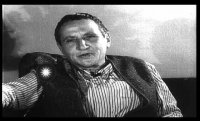
 Women poets may enter the To the Lighthouse Poetry Book Prize by submitting a manuscript of 48 to 96 pages (two-thirds of which must be unpublished); women fiction and nonfiction writers may enter the Clarissa Dalloway Book Prize by submitting a manuscript of 50,000 to 150,000 words. Novels, novellas, memoirs, biographies, young adult literature, and graphic novels are eligible. The entry fee for both prizes is $20; entrants may submit using the
Women poets may enter the To the Lighthouse Poetry Book Prize by submitting a manuscript of 48 to 96 pages (two-thirds of which must be unpublished); women fiction and nonfiction writers may enter the Clarissa Dalloway Book Prize by submitting a manuscript of 50,000 to 150,000 words. Novels, novellas, memoirs, biographies, young adult literature, and graphic novels are eligible. The entry fee for both prizes is $20; entrants may submit using the 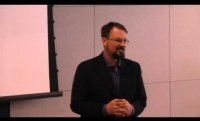


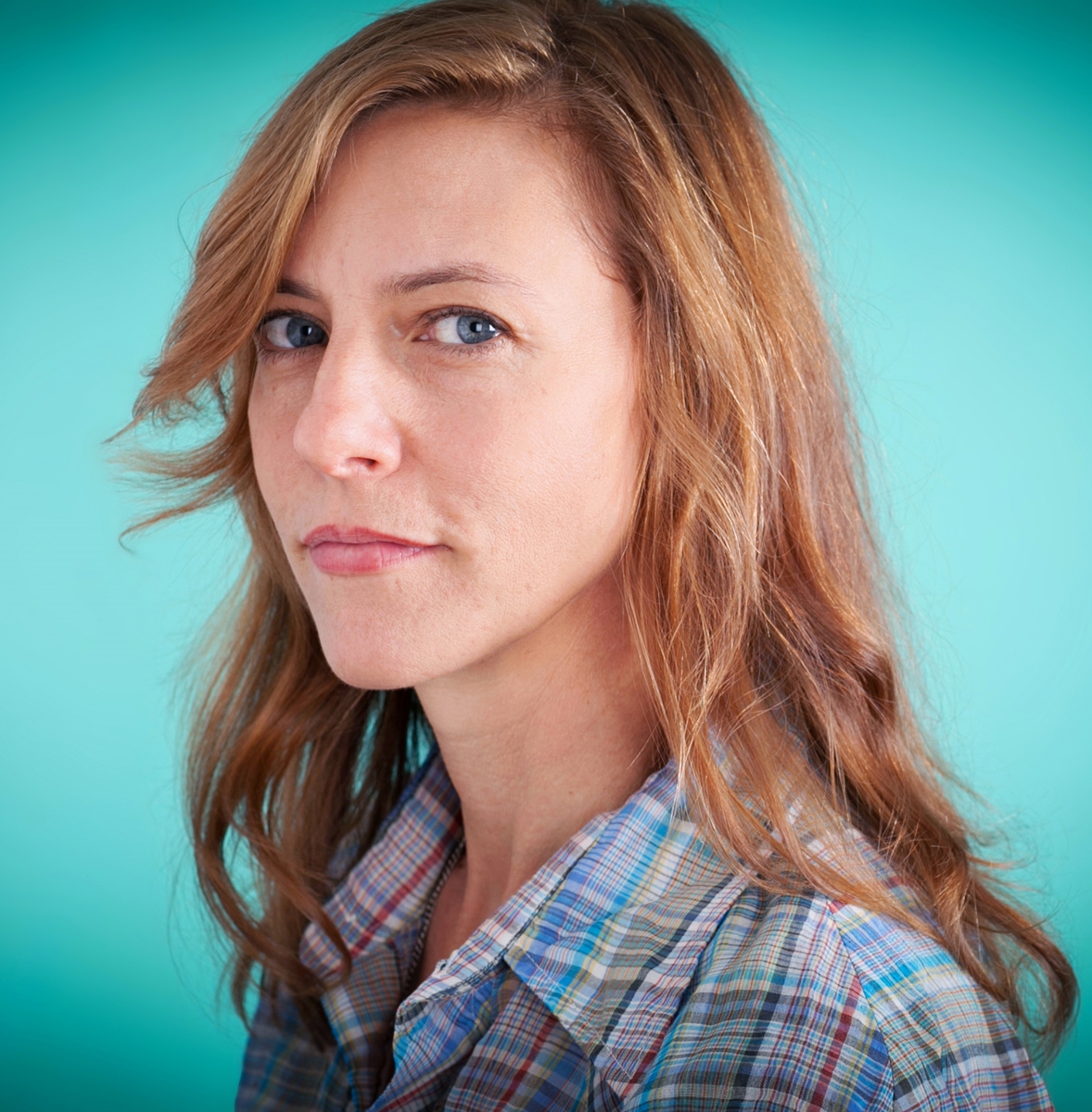 What are your reading do's?
What are your reading do's? 